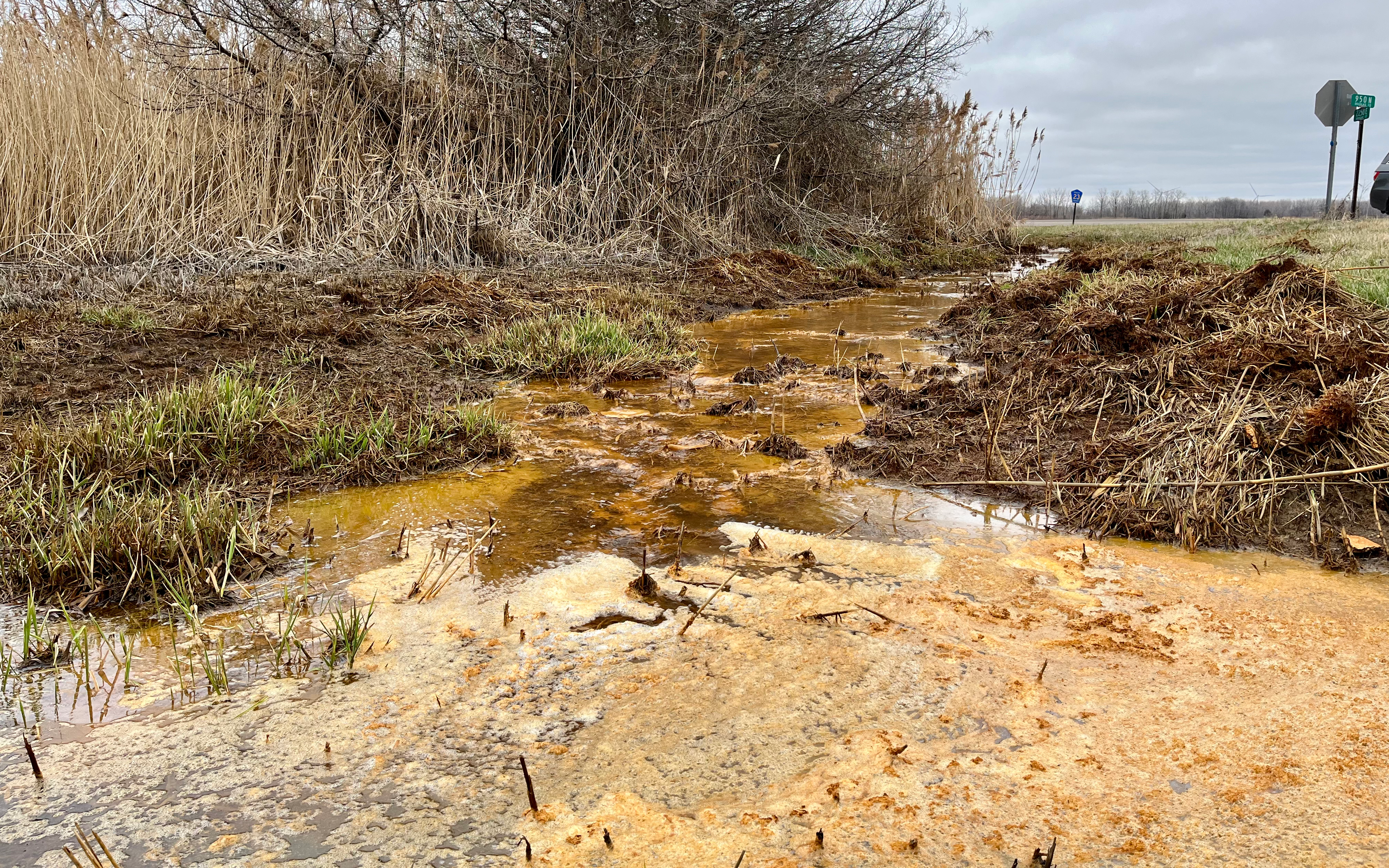Advocates from across coal-mining communities, including Prairie Rivers Network, released a new federal policy platform on February 15th, aimed at ensuring the adequate and timely clean-up (i.e. reclamation) of modern-era coal mines. The funding and responsibility of reclaiming modern-era mines (i.e. coal mines mined after the 1977 federal surface mining law) falls on the coal mining company, but as the industry declines, many operators are not completing reclamation as intended by law. Unreclaimed mines damage the health, environment, and economy of coal communities. Federal laws related to reclamation were not written to function well as the industry winds down, and reform is needed.

A new “Stop Zombie Coal Mines” website was launched to share information about the new policy platform. Zombie mines refer to modern-era coal mines that are still permitted as “active,” but are not mining coal and not being reclaimed by the responsible coal company. Endorsed by 52 local and national organizations, this platform will present a variety of solutions for preventing worsening problems in modern-era mine reclamation.
Illinois’ history with coal mining spans nearly two centuries and despite a long-term decline in coal, Illinois is mining more coal today than we were 20 years ago, making us the nation’s fourth largest coal producing state. Prairie Rivers Network has long been at the forefront of addressing legacy pollution from the coal industry, including the cleanup of Abandoned Mine Lands, sites that were mined prior to 1977 when no laws existed to require clean up or reclamation. In 1977 the Surface Mining Control and Reclamation Act (SMCRA) passed, requiring the clean-up of post-1977 or modern-era coal mines. SMCRA accomplishes mine clean up by requiring coal operators to plan for and complete reclamation and includes bonding requirements for financial guarantee.
The new federal policy platform seeks to address growing problems related to the reclamation and bonding of these modern-era, post-1977 mines. This policy platform identifies several loopholes and regulatory inconsistencies that contribute to the problem, including inadequate bonding programs, indefinite idling of mines, ongoing water pollution, permit transfers and bankruptcies, and lack of planning for closure. To address these challenges, the platform offers an array of solutions aimed at closing these regulatory loopholes while holding coal companies accountable, and safeguarding communities from the devastating impacts of mine bankruptcies, bond forfeitures, and “zombie mines.”
In neighboring states, especially in the Appalachian region, significant research has been conducted on the topic of Zombie Mines and modern-era mine reclamation. Analysis has shown nearly 1 million acres of modern era coal mines across 12 states remaining unreclaimed, posing serious environmental and public health risks, according to analyses by the Western Organization of Resource Councils and Appalachian Voices.
However, in Illinois, this subject has not been as extensively studied. As of 2022, 32,500 acres of current coal mines in Illinois required cleanup, with only 6,600 acres partially reclaimed. Available bonds totaled $419 million, with Indemnity National Insurance Company covering $284 million, or 68% of all bonds in Illinois. Indemnity is the largest single provider of coal reclamation bonds, providing nearly $2 billion in bonds for multiple permits for different companies in at least 11 states. This poses a significant risk, as the bankruptcy of even one large coal company could jeopardize the financial health of the company, impacting the operation and reclamation of many mines. Reforms outlined in the new policy platform would help ensure that surety companies are able to cover the bonds they provide.
Water pollution is another significant concern associated with coal mines, with numerous sites across Illinois and other coal-producing states failing to comply with Clean Water Act permits. The platform calls for improved compliance with water quality regulations during and after reclamation, as well as alternative bonding mechanisms to ensure funds are available for water pollution cleanup and long-term management.
As advocates continue to push for legislative action on the platform’s recommendations, the coalition remains committed to supporting coal communities and advocating for policies that prioritize environmental stewardship, public health, and economic resilience.







